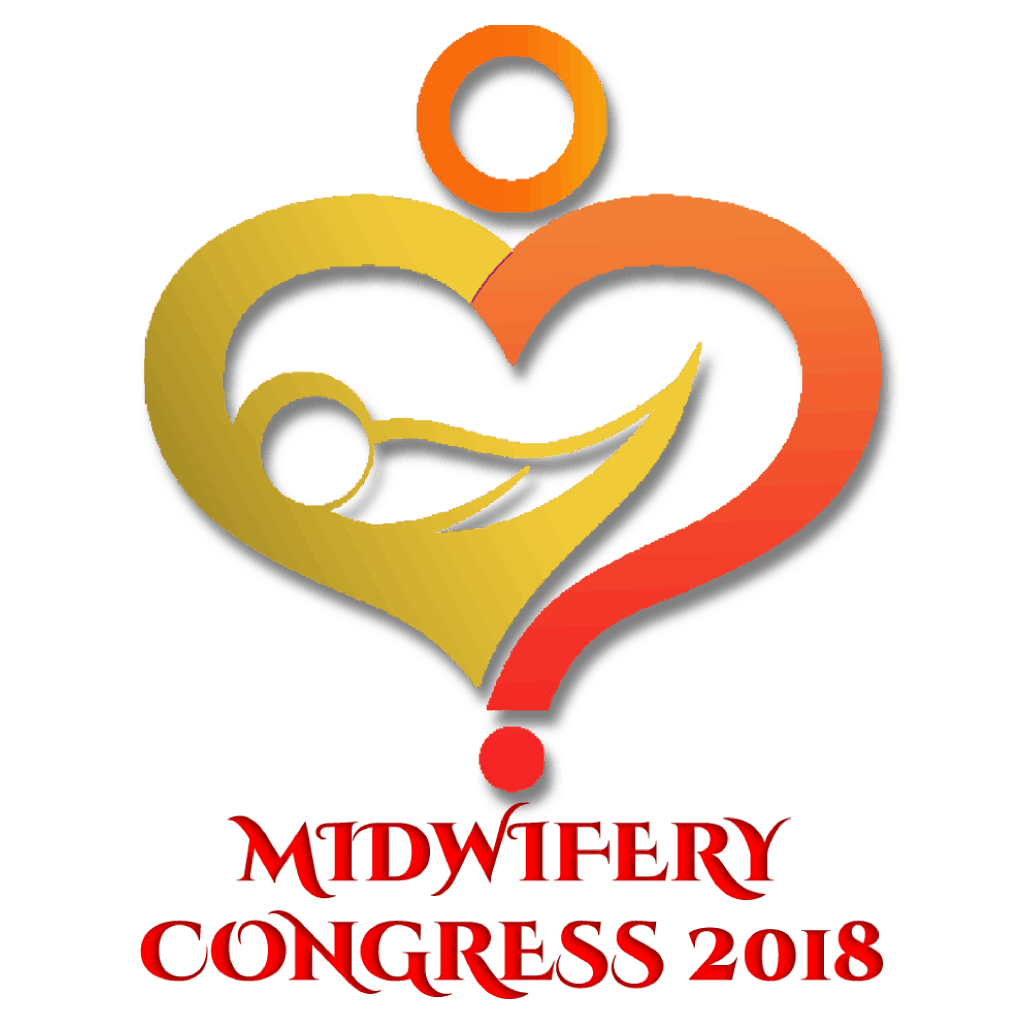
Silfana Putri Nur Azizah
Sebelas Maret University, Indonesia
Title: The relationship between education and mother’s behavior providing breastfeeding in Gajahan, Surakarta, Central Java, Indonesia community health clinic
Biography
Biography: Silfana Putri Nur Azizah
Abstract
Mom’s milk is needed by a baby for a perfect growth in golden period. WHO/UNICEF recommends exclusive breastfeeding in the first six months after birth, then supplemented feeding of breastfeeding supplements up to the age of one or more years. Ironically, in an era of global rapid changes in science and technology, breast-feeding is exclusive often forgotten. Knowledge of ASI’s exclusive action is given to each nursing mother to strengthen the attitude of the mother in breastfeeding. The aim of this study was to analyze the relationship between educations with mother’s behavior in providing breast feeding to the baby. This study uses a correlative analytic design with cross-sectional approach. Its population is being all subjects that come to Gajahan, Surakarta, Central Java, Indonesia community health clinic and samples were taken with purposive sampling technique. Data collection using questionnaires and the data collected is presented in the form of a frequency distribution table and analyzed using logistic regression test. The result showed the greatest level of maternal education is secondary (high school) at 53.8% and most of that is 73.1% of behavior is not exclusive breastfeeding mother to their babies. Logistic regression analysis showed a p-value=0.067>0.05 means that H0 and H1 rejected. The results showed no relationship between level education and mother’s behavior in exclusive breastfeeding. The government should improve the comprehensive and continuous education about the importance of breastfeeding and the benefits of exclusive breastfeeding.

